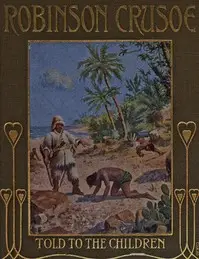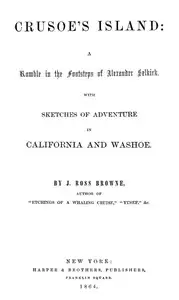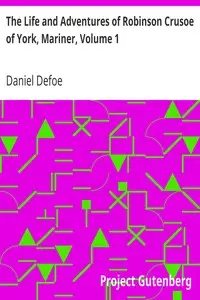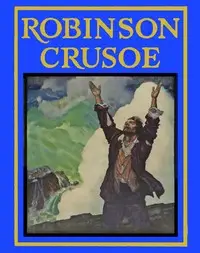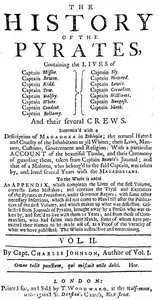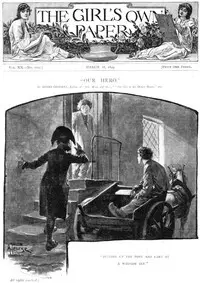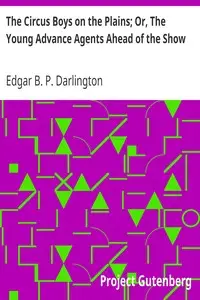"The Further Adventures of Robinson Crusoe" by Daniel Defoe is a story about a man who can't resist the call of the wild. After years of peaceful living back home, Robinson Crusoe finds himself longing for the island where he was once stranded. His wife's passing and the quiet life he now leads fuel his desire for adventure and his need to see how things are going on his old island. The story looks at Crusoe's feelings of loneliness and his strong urge to explore as he decides to set sail once again. This part of the book kicks off the exciting journey that carries Crusoe back to his past and the life he built during his time alone. Themes of discovery, struggles for survival, and the wide range of human feelings fill these early pages, setting the stage for more adventures.

The Further Adventures of Robinson Crusoe
By Daniel Defoe
A man, restless after years of solitude, returns to the island that defined him, embarking on new adventures and confronting the legacy he left behind.
Summary
About the AuthorDaniel Defoe was an English novelist, journalist, merchant, pamphleteer and spy. He is most famous for his novel Robinson Crusoe, published in 1719, which is claimed to be second only to the Bible in its number of translations. He has been seen as one of the earliest proponents of the English novel, and helped to popularise the form in Britain with others such as Aphra Behn and Samuel Richardson. Defoe wrote many political tracts, was often in trouble with the authorities, and spent a period in prison. Intellectuals and political leaders paid attention to his fresh ideas and sometimes consulted him.
Daniel Defoe was an English novelist, journalist, merchant, pamphleteer and spy. He is most famous for his novel Robinson Crusoe, published in 1719, which is claimed to be second only to the Bible in its number of translations. He has been seen as one of the earliest proponents of the English novel, and helped to popularise the form in Britain with others such as Aphra Behn and Samuel Richardson. Defoe wrote many political tracts, was often in trouble with the authorities, and spent a period in prison. Intellectuals and political leaders paid attention to his fresh ideas and sometimes consulted him.

